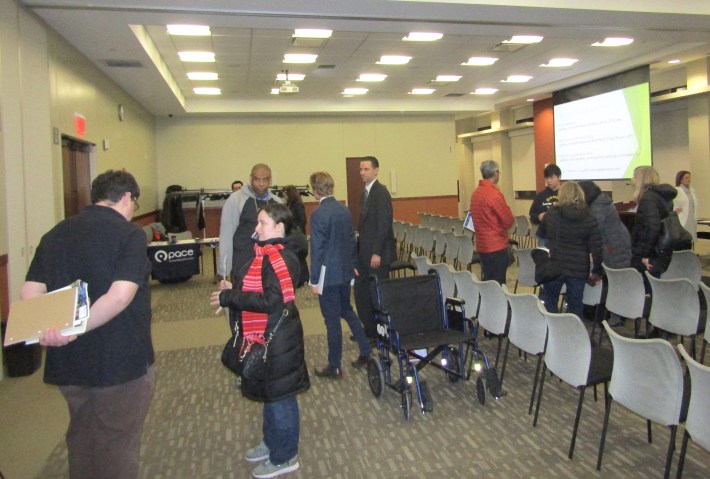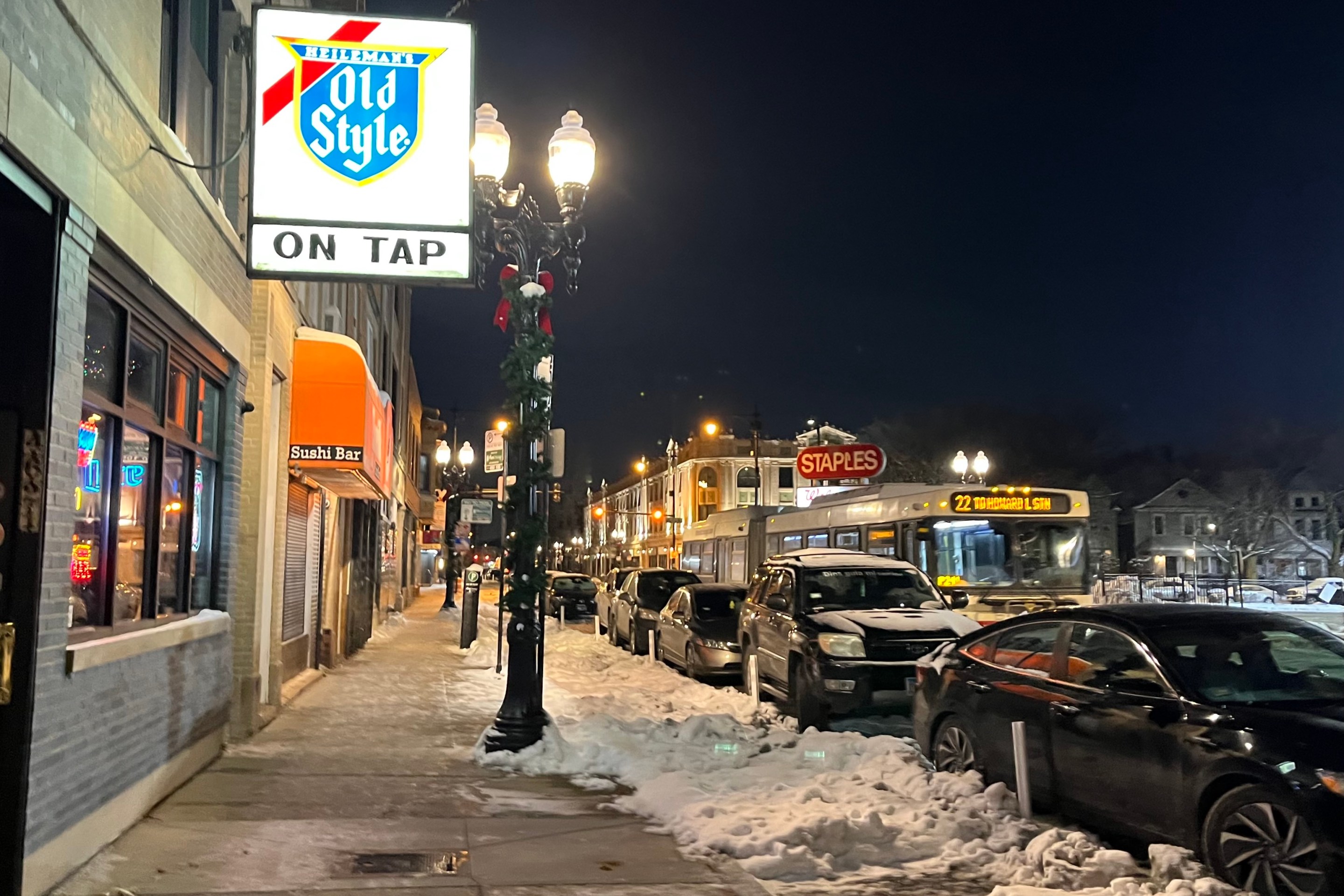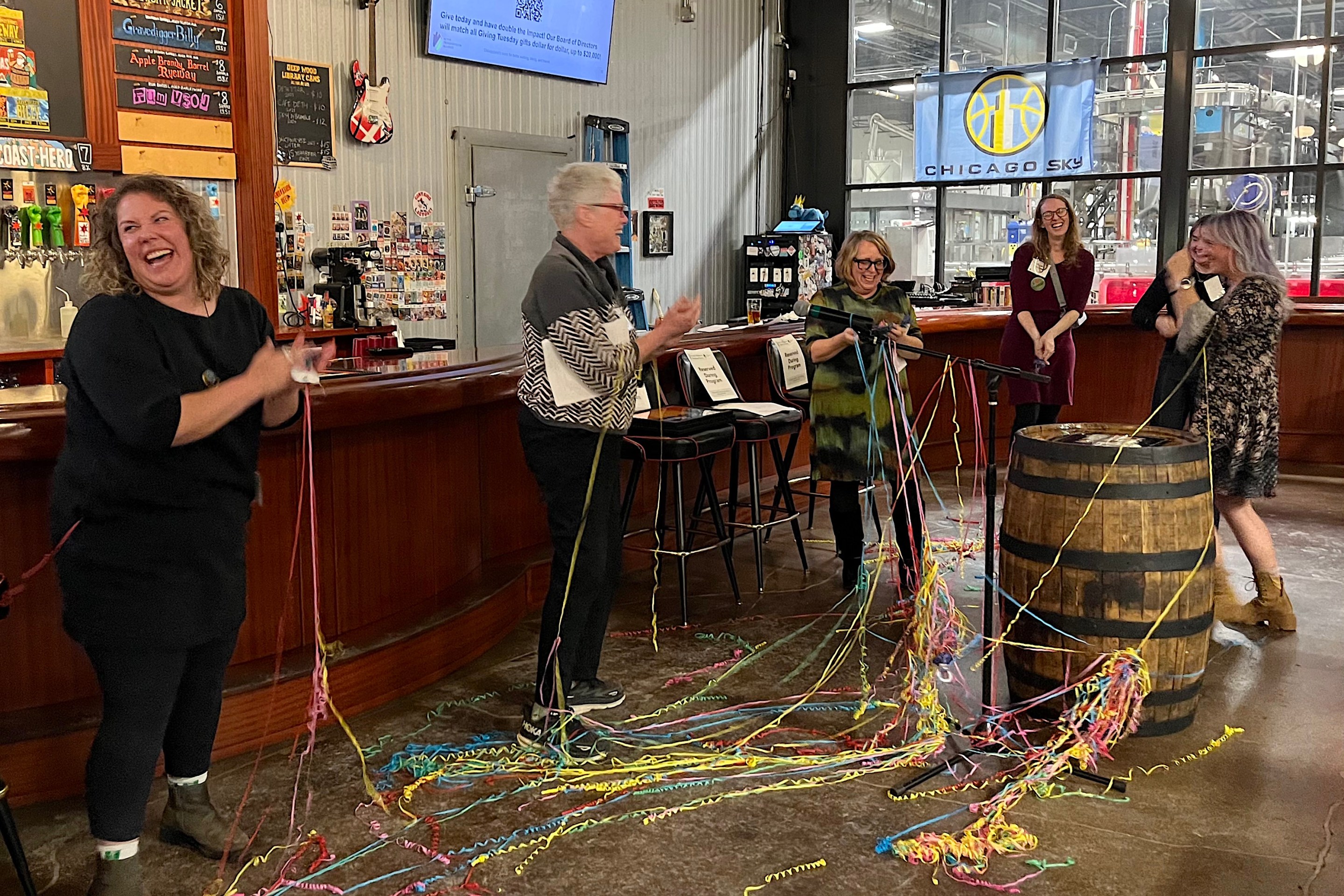First there was “Click It or Ticket.” Then there was Mothers Against Drunk Driving. Now, U.S. DOT is campaigning to end another life-threatening behavior: disrespecting cyclists.
“We need to develop zero tolerance for people who don't respect cyclists,” Secretary Ray LaHood said yesterday at the first of two national bike safety summits hosted by U.S. DOT this month. “That's the campaign we're kicking off today.”
At yesterday’s summit in Tampa, Florida, LaHood announced a new, long-term, national-level campaign to improve bicycle and pedestrian safety through aggressive education, enforcement and engineering.
“It’s simple,” LaHood said yesterday. “When you build a road, build a bike lane. When you're fixing up your street, build in a bike lane. Do that, and we'll be supportive of that at the national level.”
"Another simple thing,” LaHood went on. “We need to make sure people driving here have respect for bicyclists. Bicyclists have as much right to the road as they do.”
"If someone is not respectful of cyclists, there's a penalty,” he said. “That's it in a nutshell."
The secretary conceded that improving conditions for bicyclists will not happen overnight, but he made a promise to the more than 200 planners, advocates and bicycle professionals in the audience that U.S. DOT “will not stop until the number of bicyclists killed on our roads is zero.”
The Tampa-Clearwater-St. Petersburg area of Florida was ranked second in Transportation for America’s 2011 Dangerous by Design study. Florida regions occupy four of the top 10 slots for bicycle and pedestrian deaths.
But for reasons as economic as they are moral, the state of Florida is getting serious about safety on the road, and Tampa Mayor Bob Buckhorn is leading the way.
Under Buckhorn’s direction, the city is painting bike lanes and sharrows, ticketing drivers who break the three-foot passing rule, and introducing the country’s 42nd bike share program this fall. Buckhorn believes that Tampa’s success can serve as a model for the rest of the state. Certainly, other counties are beginning to recognize his key point: “Intellectual capital is mobile. When our young people decide where they are going to live, they are going to ask, ‘Is this a city where you can live, work and play without getting in your car?’”
Over in neighboring Charlotte County, damage from Hurricane Charlie and the shock of the housing bubble had a huge impact on tax revenue -- but it also presented an opportunity. “We noticed that the value of homes in the City of Punta Gorda suffered significantly less than Port Charlotte because people can walk places there,“ says Charlotte MPO Planner Gary Harrell. “They can bike to the store.”
For the first time ever, Charlotte County is moving to adopt a Bicycle Master Plan. As roads are rebuilt, planners are thinking about complete streets, rather than just level of service. Small, independent bike-share programs are popping up in towns, and local retirees are engaging with government.
In the state capital, FDOT is studying the safety benefits of green bike lanes and investing in safety education for all road users in every corner of the state.
Yesterday’s hastily-organized event did elicit some frustration. Many more people would have attended if word had gotten out earlier and more effectively about the event. Police escorting participants on a bike ride with Secretary LaHood led riders on the sidewalk, against traffic and then on the Riverwalk, where bikes are officially not allowed. A bike shop owner who drove four hours from Plantation, Florida, wished there had been less talk about increasing bike facilities and more talk about improving the poorly designed ones already in place.
Still, the mood was overwhelmingly positive. A member of the president’s cabinet, a mayor, the head of the National Highway Traffic Safety Commission, and uniformed police officers were all describing a future America where it is both socially and legally unacceptable to disrespect a bicyclist. Advocates were buoyant.
Tim Bustos, executive director of the Florida Bicycle Association and a speaker at the summit, was impressed with the seriousness and commitment from U.S. DOT. “We have some of the best planners and engineers here in Florida,” he said. He said the summit was not a one-time press conference, but “the beginning of a renewed effort throughout Florida to make bicycling safer and more enjoyable throughout the state."
Jessica Wilson of Tennessee DOT summed up her takeaway: “Just as MADD launched a successful campaign against drunk driving, our generation must campaign to end discrimination against non-motorists. As a mother, I accept that challenge.”
Kathryn R Moore is the program manager for all six Broward County B-cycle cities and a contributor at TransitMiami.com.





